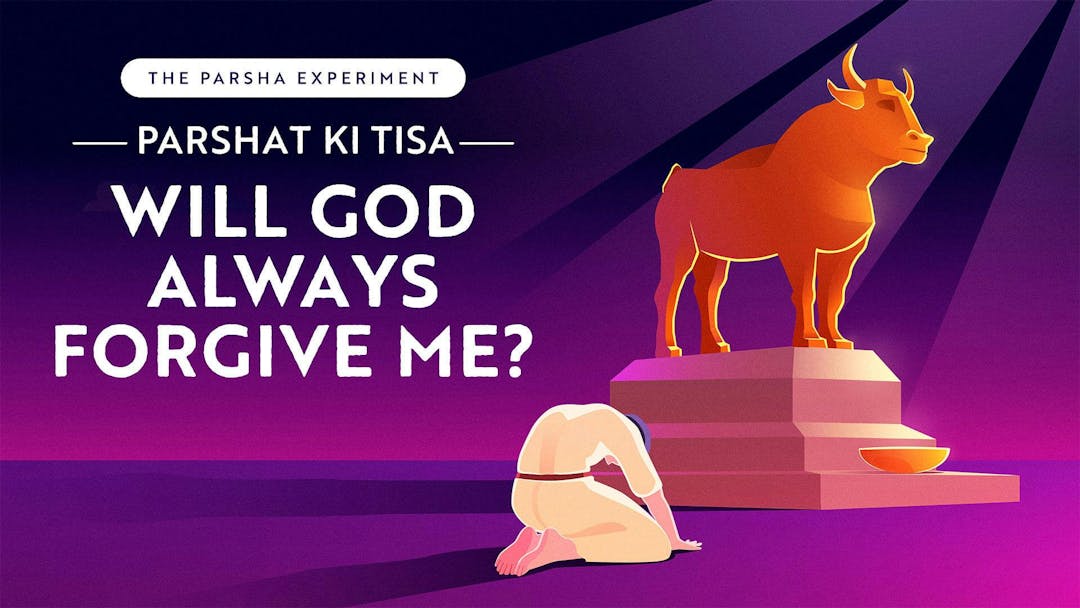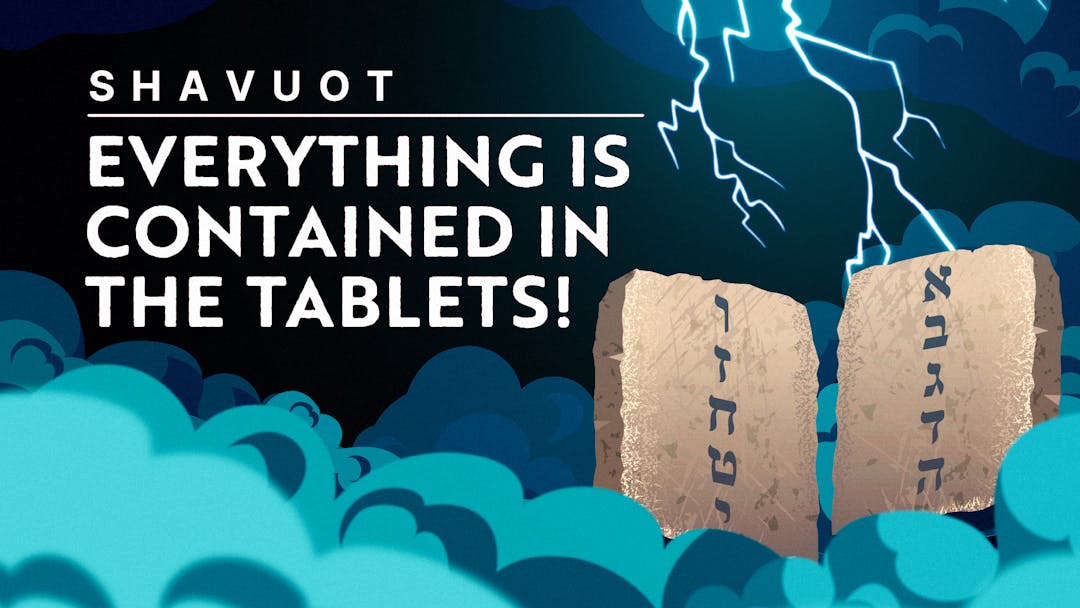Start your free trial today to unlock the full library and enjoy unlimited and uninterrupted access.
Get StartedShattered Tablets And The Calf Of Gold I (Part 1 of 12)
Shattered Tablets And The Calf Of Gold
Forty days after the Israelites receive the Torah and pledge undying loyalty to God, they suddenly turn away and begin to worship a false idol, a golden calf. It’s bizarre – and stranger yet is Moshe’s response, to shatter the tablets God has given him.
In this 12-part series, Rabbi Fohrman dives into a deep study of the Golden Calf story, and asks the questions we often forget to think about – why a calf, of all things? How could Israel possibly believe that the calf brought them out of Egypt? Only once we really understand the perspectives of Moshe, the Israelites, and God, can we finally understand the true story of the Shattered Tablets and the Calf of Gold.
Want to watch the full video for free?
Enter your email and we’ll send you a link to watch the full series free.
What is Aleph Beta?
Aleph Beta is a unique kind of Torah library. Led by our founder, Rabbi David Fohrman, we are dedicated to high-level, textual Torah learning for adults that is intellectually and spiritually sophisticated, that enlivens your Jewish practice and helps you forge a deeper connection to God. Whether you’ve been learning in yeshiva for years or you’re just beginning your Torah journey, you’re sure to find something meaningful and surprising waiting for you here.
Browse our library of over 1,000 beautifully produced animated videos, podcasts, deep dive courses, and printable guides. Topics include the weekly parsha, Jewish holidays & fast days, laws & mitzvot, prayers, relationships, big philosophical ideas and more. Have something to say at the Shabbos table that will amaze your family and guests and bring deep meaning into their lives.











